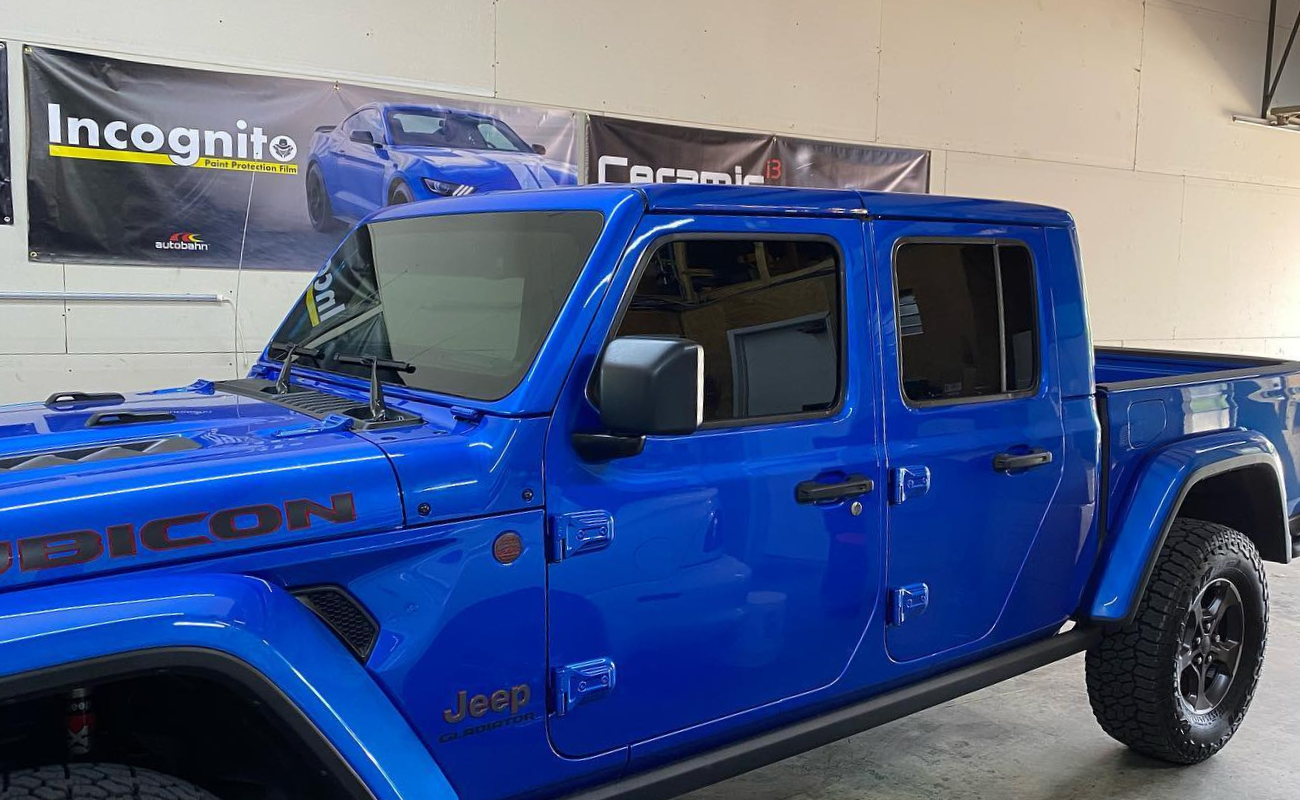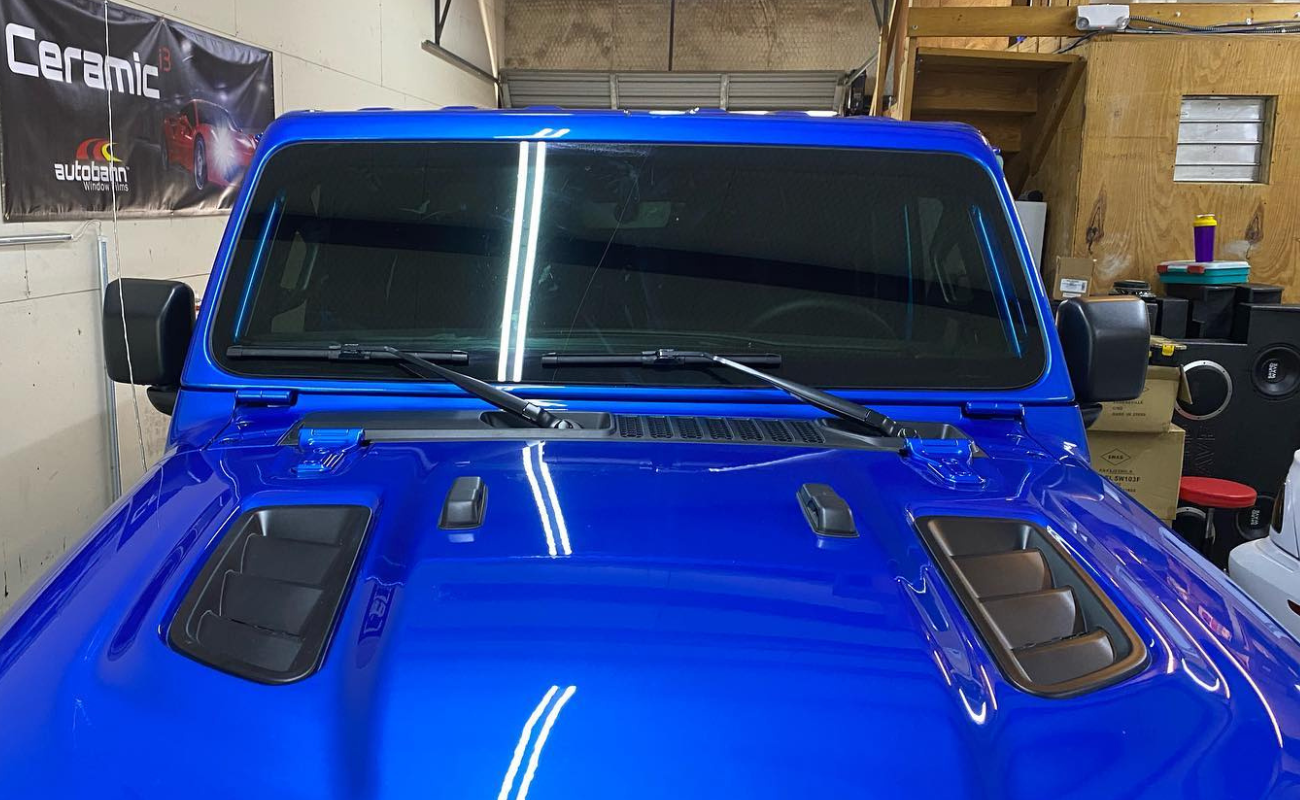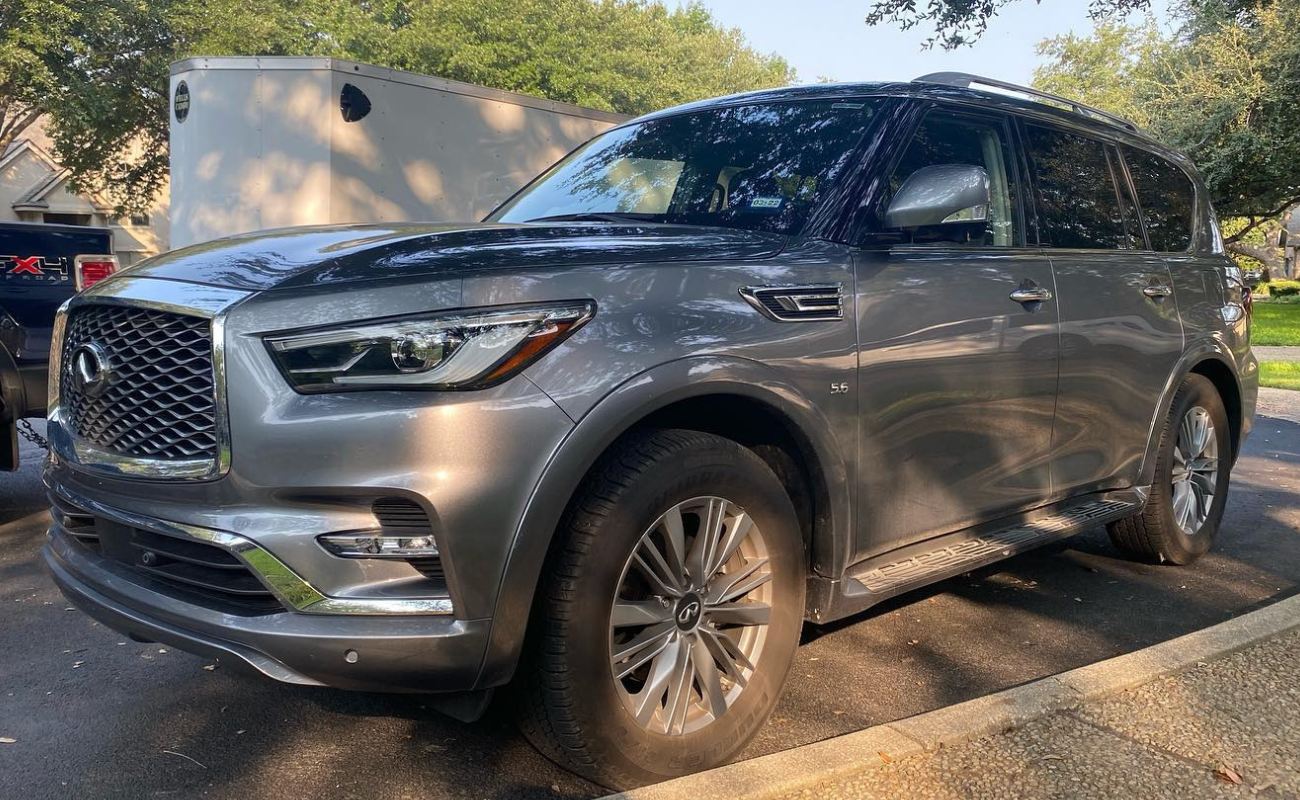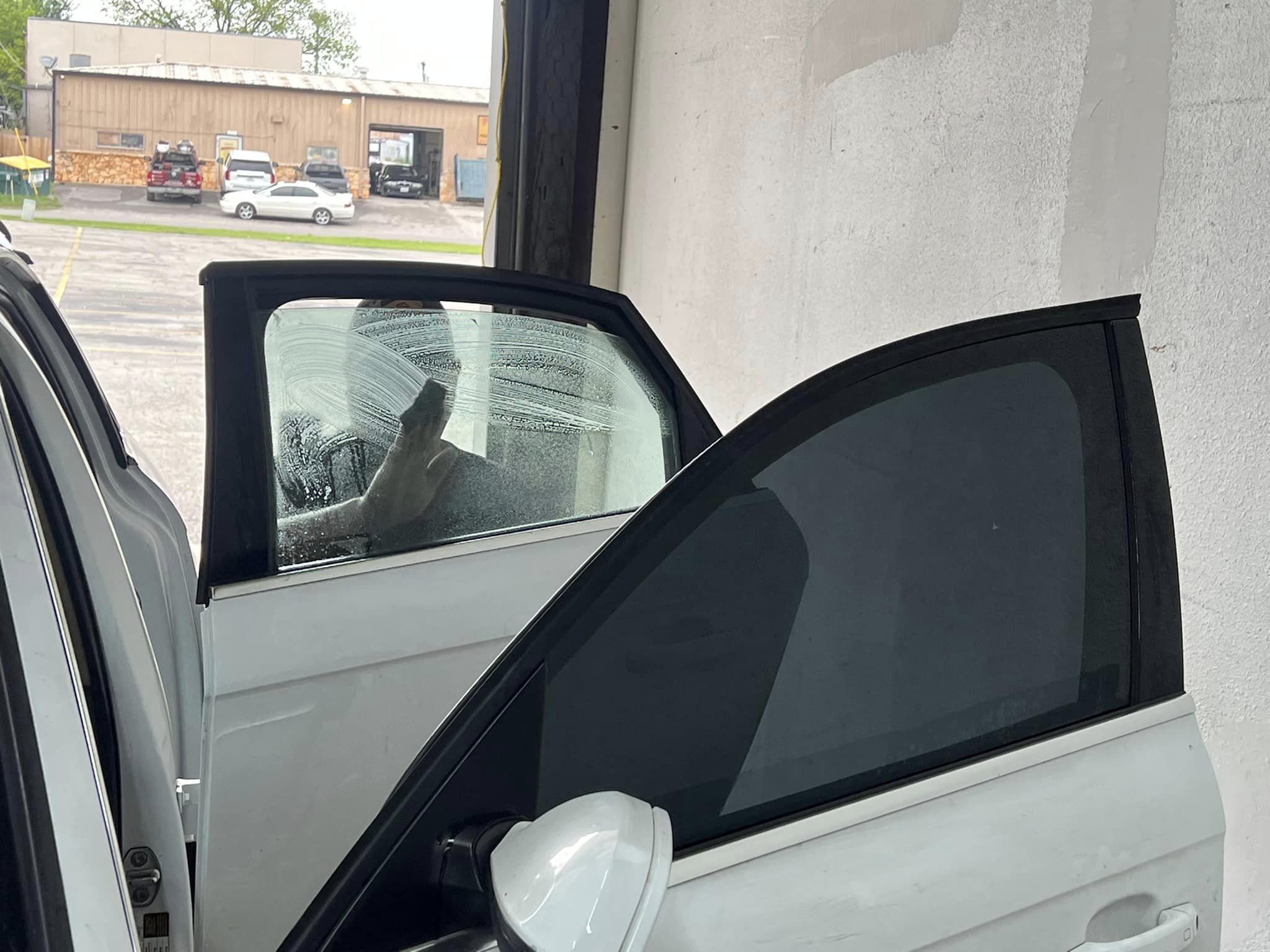Going through the options when selecting the ideal window tinting service for your vehicle or home can be overwhelming. The process can be complex, from deciphering the benefits of different tint films to ensuring compliance with legal regulations. However, you can make a well-informed decision that meets your requirements by understanding key factors such as reputation, experience, and cost. How do you ensure that the window tinting service you choose perfectly fits your needs?
Key Takeaways
- Consider legal regulations on tint darkness and reflection for compliance.
- Research reputation through reviews, recommendations, and affiliations.
- Prioritize experienced service providers for quality installations.
- Compare costs, including materials, labor, and potential discounts.
- Evaluate service provider experience, longevity, and customer satisfaction.
Types of Window Tint Films
When considering window tint films for your vehicle or home, it’s essential to understand the various types available to make an informed decision. Window tint films come in different materials and shades, each offering unique benefits. Let’s delve into the types of window tint films to help you choose the right one for your needs.
Firstly, dyed window tint films are popular for those looking to reduce glare and heat. These films contain a layer of dye between the adhesive and protective layers, which helps absorb sunlight. They’re effective in enhancing privacy and reducing sun glare, making them ideal for residential use.
Secondly, metallic window tint films are known for their durability and heat-rejection properties. These films have metallic particles embedded in the layers, providing excellent heat reduction and UV protection. However, they can interfere with electronic signals in vehicles, so keep that in mind if you’re considering them for your car.
Lastly, ceramic window tint films are top-of-the-line in terms of performance. These films are made from ceramic particles and offer superior heat rejection, UV protection, and clarity. They’re non-conductive, meaning they won’t interfere with electronic devices in your vehicle.
Understanding the differences between these window tint films will help you make an informed decision that suits your preferences and needs.
Consideration of Legal Regulations
To ensure compliance with legal regulations, it’s crucial to understand the specific laws governing window tinting in your area. Window tinting laws vary from state to state and even country to country. These regulations often dictate the allowable Visible Light Transmission (VLT) percentage for different windows in a vehicle or building. VLT refers to the amount of visible light that can pass through the tinted windows. Understanding these regulations is essential to avoid potential fines or having to remove non-compliant tints.
In the United States, for instance, some states allow darker tints on rear windows compared to front windows due to safety concerns related to visibility. Additionally, certain states restrict the use of reflective or mirrored tints, as they can pose a hazard to other drivers on the road.
Some regions also have specific requirements for tinting on commercial buildings to maintain a uniform appearance or for energy efficiency purposes.
Before choosing a window tinting service, ensure they know about your area’s legal regulations. A reputable service provider can guide you on the appropriate tint options that comply with the law while meeting your preferences. By adhering to legal restrictions, you can enjoy the benefits of window tinting without any legal repercussions.
Reputation and Reviews Assessment
Assessing the reputation and reviews of window tinting services is a crucial step in selecting a provider that meets your expectations. When evaluating a window tinting service, consider the following:
- Online Reviews: Check platforms like Google, Yelp, or Facebook for reviews from previous customers. Look for patterns in feedback to gauge overall satisfaction.
- Word of Mouth: Ask friends, family, or colleagues for recommendations based on their experiences with window tinting services they’ve used.
- Professional Associations: Look for affiliations with industry organizations or certifications, as these can indicate a commitment to quality and service standards.
- Years in Business: Consider how long the window tinting service has been operating. Longevity can be a sign of stability and expertise in the industry.
- Response to Negative Feedback: Assess how the company handles negative reviews. A transparent and proactive approach to addressing complaints can demonstrate a commitment to customer satisfaction.
Evaluation of Service Provider Experience
Considering the level of experience possessed by a window tinting provider is paramount in ensuring the quality of service you receive meets your expectations. Experienced service providers bring a wealth of knowledge and expertise, allowing them to tackle any challenges that may arise during the tinting process with finesse.
When evaluating the experience of a window tinting service provider, look for indicators such as the number of years they’ve been in business, the variety of vehicles they’ve worked on, and any specialized training or certifications they possess.
A seasoned window tinting service provider will have honed their techniques over time, leading to a more efficient and precise application of the tint film. They’ll also be well-versed in the different types of tint film available and be able to recommend the best option based on your specific needs and preferences.
Additionally, experienced professionals are more likely to have a solid track record of satisfied customers and successful projects, giving you added peace of mind.
Cost Comparison and Budgeting
When determining the ideal window tinting service for your vehicle, delving into the realm of cost comparison and budgeting becomes a pivotal aspect of your decision-making process. Making sure you stay within your budget while still receiving quality service is crucial. Here are some key points to consider:
- Service Packages: Compare the different service packages offered by various tinting companies. Some may include additional services like scratch-resistant coatings or warranty options that could affect the overall cost.
- Material Quality: Inquire about the quality of the window tinting materials used by each service provider. Higher quality materials may come at a higher cost but could offer better durability and heat rejection.
- Labor Costs: Understand the labor costs involved in the tinting process. Skilled labor may come at a premium, but it can ensure a more precise and professional installation.
- Hidden Fees: Be wary of any hidden fees that may not be included in the initial quote. Ask upfront about any additional charges for removing old tint, extra preparation work, or specialized tint options.
- Discounts and Promotions: Keep an eye out for discounts or promotions that could help you save on the overall cost. Some companies offer seasonal deals or discounts for new customers.
Now that you have the necessary information to choose the best window tinting service remember that many car owners tint their windows for privacy and UV protection. By considering the types of tint films, legal regulations, reputation, experience, and costs, you can make an informed decision that aligns with your needs and budget. Don’t overlook these important factors when selecting a window tinting service for your vehicle.




